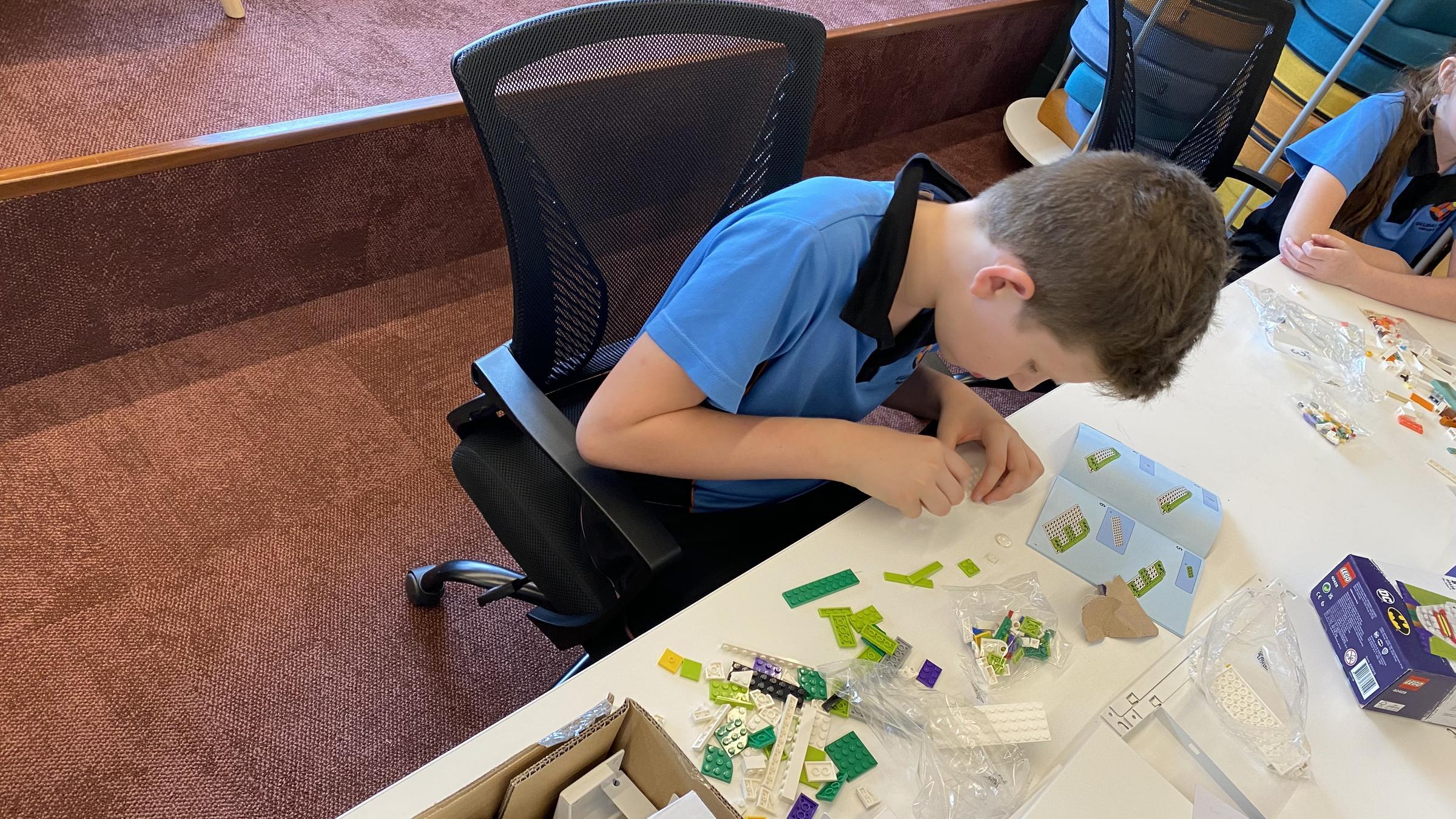Wellbeing

Wellbeing November Newsletter
The Resilience Project
At Gilgai Plains our Social and Emotional Learning program is supported by The Resilience Project. The Resilience Project is committed to teaching positive mental health strategies to prevent mental ill-health and build young people’s capacity to deal with adversity.
Our teachers and students engage in weekly lessons and activities around the key principles of Gratitude, Empathy, Mindfulness (GEM), and Emotional Literacy to build resilience.
This newsletter we wanted to give families the opportunity to explore one of these principles, Empathy at home.
Working on empathy helps us to identify, understand and feel what another person is feeling. When we show empathy or we do something kind for someone else our brain releases oxytocin. This leads to increasing our self-esteem/confidence, energy levels, positivity and overall happiness.
Whole Family Activity
Neighbourhood Kindness Challenge
As a family, choose an act of kindness from the list below that you would like to do for a neighbour or family friend. Each family member can select one to commit to, or you can choose to do one together.
- Cook them something delicious like a cake, hot bread, or cookies.
- Write a note to put in their letterbox thanking them for being a great neighbour or friend.
- Design them a Thank You card.
- Pick or buy some flowers to deliver to them.
- Choose a little plant from your garden to give them.
- Make them a gift from things around your house.
- Offer to do a job for them, like wash their car or water their garden.
- Offer to take their pets for a walk.
- Invite them over for afternoon tea.
- Invite them on a walk.
- Recommend one of your favourite books to borrow and read.
- Ask them if they need anything from the shops next time you buy groceries.
- Say hello next time you see them, and ask them how their day is going.
Feel free to do more than one and spread the kindness even further!
Report back to each other in one week and share how your acts of kindness were received, and how doing them made you feel.
Family Traditions
Family traditions help children feel safe, connected, and like they belong. They bring a sense of stability and predictability, helping kids understand the world around them. Over time, these traditions also shape who we are as a family and make everyone feel part of something.
Traditions are different from everyday routines because they have a special purpose. They’re meant to bring the family closer, teach values, create shared memories, and make life more meaningful. Traditions don’t have to be big. Even simple ones can be special.
For example:
Daily traditions might include:
- Playing a fun wake-up song to start the day.
- Saying goodbye or hello in a unique way.
- Having family dinners and talking about your day.
- Asking kids what they’re grateful for at bedtime.
Weekly traditions could be:
- A regular Sunday dinner.
- Watching or playing a sport together on weekends.
- Taking the kids for a Saturday treat
- Movie and pizza nights.
- A family game night or one-on-one time with each parent.
These simple traditions help create a strong sense of connection and security for everyone in the family.
Pay attention to the moments you enjoy with your family. When you find something that brings happiness, try to make it a regular part of your family life. Before long, you'll start to see the benefits of having built a meaningful tradition.
See happyfamilies.com.au for more helpful tips
From your Wellbeing Team
